Austin Presbyterian Theological Seminary
Seminary students visit immigrant detainees at the Hutto Detention Facility in Taylor, Texas.
By Ruth Elswood View and print as PDF.
View and print as PDF.
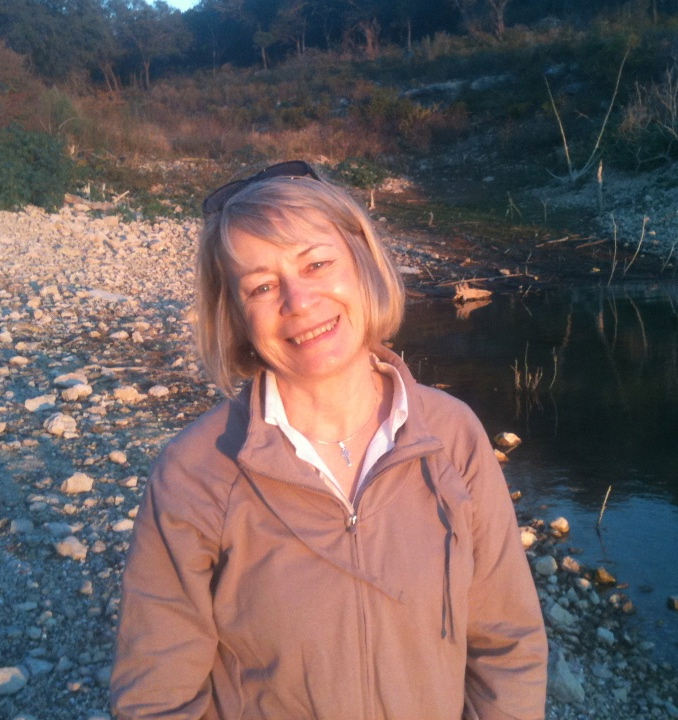
Maria sat across from us. Her hands shook; her cheeks wet from tears. We fumbled for words of hope as we spoke with this woman whom we had never met before, this woman who had been forcibly separated from her family.
But let’s start at the beginning.
Corpus Christi is a student organization at Austin Presbyterian Theological Seminary (APTS), dedicated to issues of social justice. We have recently felt called to visit with undocumented immigrant detainees at the Hutto Detention Facility in Taylor, Texas. Hutto is a privately run facility that houses only women; the women have few rights, no right to legal representation, and they do not know how long they will be detained. Some women have lived in the U.S. without documentation for many years; others are detained upon arrival. All are separated from their loved ones and do not know when they will see them again.
One Saturday, four of us traveled from APTS to visit detainees. We were assigned the name and “number” of a detainee. Jessica Espinoza and I were assigned to Maria (not her real name). Jessica speaks fluent Spanish, while I speak only a few words of tourist Spanish, so we acted as a team. After we passed through security, where the guards were very polite and gracious—we had heard that is not always the case—we waited in a reasonably pleasant and clean visiting room with a number of other visitors. After a few moments, Maria came in with tears already in her eyes. She was pleased and moved to have someone there to visit with her.
Maria has lived in this country for ten years on a visitor visa. She has a 20-year-old daughter and a small grandson in Houston, and a husband and 3-year-old son in Virginia. Recently, Maria’s mother became ill with cancer. Knowing it was risky, Maria decided to go home to Honduras to see her. She stayed a very short time, but was detained when she tried to return to the U.S. She has been in Hutto now for two months, during which time her mother has died. She has not been able to see her family during these two months, since they, too, are undocumented and would also be detained if they tried to visit. As she told her story, Maria cried constantly, grieving for her mother and worried to distraction about her little boy. She feels absolutely helpless. At one point when speaking with her husband on the phone, she told him she felt she would never get out of Hutto, and would never see them again. Very soon afterwards, her little boy became sick and was in the hospital, so she blames herself even more for upsetting him.
We tried very hard to reassure Maria that she would indeed be free, but, of course, we do not know what the outcome of her case will be. She may be granted a visa and allowed to stay, or she may be sent back to Honduras. The outcome will depend on the mercy or otherwise of the immigration courts. The average stay at Hutto is five or six months. Meanwhile she is detained in a facility that offers little for her. She cleans bathrooms for a dollar token a day, and can spend her “money” on trinkets or on a five “dollar” English lesson. The food, she says, is bland and the same every day. Her clothing is clean and serviceable, but not warm enough for the chilly air conditioning. She can spend time outside, watch television, and use a computer to check email and Facebook for thirty minutes each day.
When elected, President Obama pledged to reform immigration in the U.S. He has been unable to do so, but has stepped up enforcement of detaining undocumented immigrants, so that detention is now at unprecedented levels. The migrant farmworker families I worked with in Florida were so afraid of being detained and of losing their children that they spent as little time as possible on the road, driving only to work and back to minimize the time they were vulnerable to being picked up. The realities for families such as Maria’s are fear, separation, and despair. A policy that separates a mother and her child unnecessarily is unjust and inhuman. Maria has a strong faith that will serve to uphold her, but she is suffering terribly at this time. Please keep her and others in her situation in your prayers.
___________________
Ruth Elswood recently retired from more than 30 years as an educator, working most recently with migrant farm-worker families in Florida. She is now a student at Austin Presbyterian Theological Seminary and co-moderator of the seminary’s social justice organization, Corpus Christi.
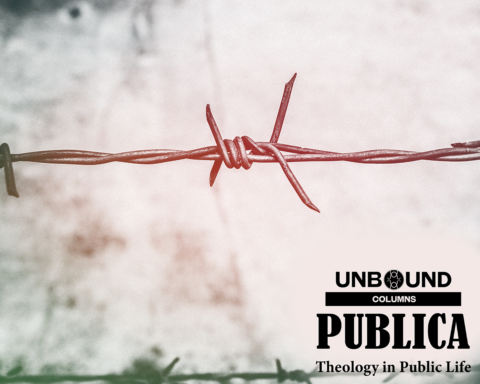
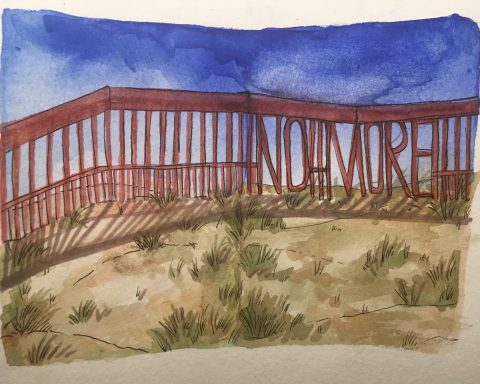
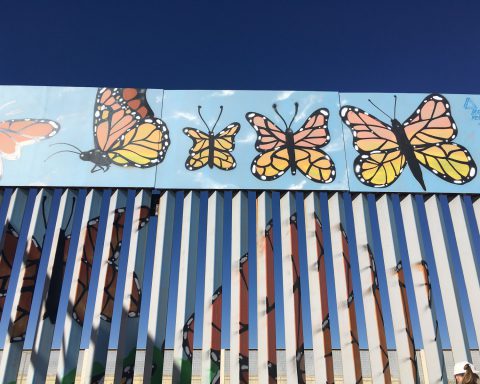

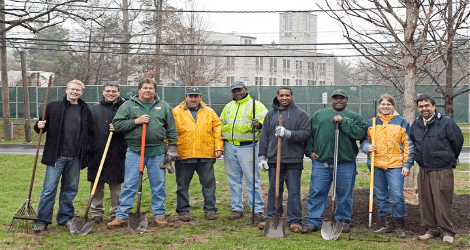
Unbound Social